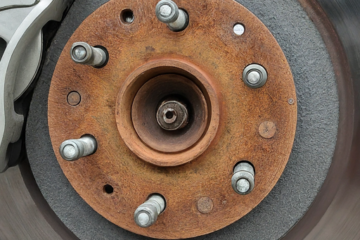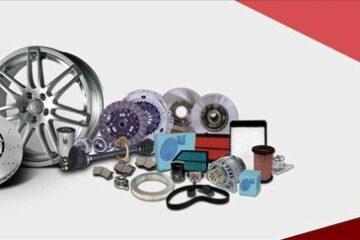As the summer sun begins to wane and the back-to-school season approaches, it’s not just textbooks and school supplies that require your attention. Your trusty vehicle, which has carried you through countless adventures, needs its own kind of preparation to ensure a smooth transition from summer fun to the hustle and bustle of the academic year. Welcome to our guide dedicated to helping you hit the road with confidence as you navigate the back-to-school season.
As you prepare for the demands of everyday commuting, school runs, and extracurricular activities, we’ll lead you through crucial vehicle maintenance tasks in this thorough guide. We’ve got you covered on everything from checking crucial fluid levels to examining the condition of your tires and making sure your car’s safety systems are in working order.
Our advice is intended to simplify your vehicle maintenance process, whether you’re a student with a busy schedule or a parent coordinating many drop-offs. You will be rewarded with a dependable and effective vehicle that supports your academic endeavors without missing a beat by devoting a little time and care now.
Come along with us on this adventure as we arm you with the information and advice you need to drive with assurance, knowing that your car is in top condition to handle anything the school year may throw at you. Let’s get started with the definitive back-to-school car maintenance guide so you can drive into the new academic year with confidence.
Here is a guide to back-to-school automotive maintenance:
Oil Change
An oil change is one of the most important maintenance checks that you can do. Old oil can become contaminated and can damage your engine. It is recommended that you change your oil every 3,000 to 5,000 miles, or more often if you drive in dusty or dirty conditions.
Air Filter
A dirty air filter can restrict airflow to the engine, which can lead to poor performance and decreased gas mileage. It is recommended that you change your air filter every 12,000 to 15,000 miles.
Tire Pressure
Low tire pressure can cause the car to handle poorly and can also lead to premature tire wear. It is recommended that you check your tire pressure every month and add air as needed.
Brakes
Brakes are one of the most important safety features of your car. Make sure they are in good working order and that the brake pads and rotors are not worn out. It is recommended that you have your brakes checked every 12,000 to 15,000 miles.
Belts and Hoses
Belts and hoses can wear out over time and can cause serious problems if they break. Make sure they are in good condition and that they are properly adjusted. It is recommended that you have your belts and hoses checked every 30,000 to 35,000 miles.
Fluid Levels
Make sure the engine oil, transmission fluid, brake fluid, and coolant levels are all at the proper level. It is recommended that you check these levels every month.
Clean and Wax the Car
A clean car is not only more attractive, but it is also easier to spot potential problems. It is recommended that you wash your car every week and wax it every 3 months.
Get the Car Serviced Regularly
Having your car serviced regularly by a qualified mechanic will help to catch any potential problems early on and prevent them from becoming major repairs. It is recommended that you have your car serviced every 30,000 to 35,000 miles.
By following these tips, you can help to keep your car running smoothly and safely for many years to come.
Here are some additional tips for back-to-school automotive maintenance:
- Check the owner’s manual for your car’s specific maintenance schedule. This will give you a detailed list of the maintenance checks and repairs that your car needs at specific intervals.
- Pay attention to warning lights. If a warning light comes on, take your car to a mechanic as soon as possible.
- Keep an eye on your car’s performance. If you notice any changes in your car’s performance, such as decreased gas mileage or a rough idle, take your car to a mechanic.
- Don’t wait until something breaks. It’s better to be proactive with maintenance than to wait until something major goes wrong.
- Get multiple quotes from different mechanics. This will help you ensure that you’re getting a fair price for your car’s maintenance.
- Ask your friends and family for recommendations for good mechanics. This is a great way to find a reliable mechanic who you can trust.
By following these tips, you can help to keep your car running smoothly and safely for many years to come.



